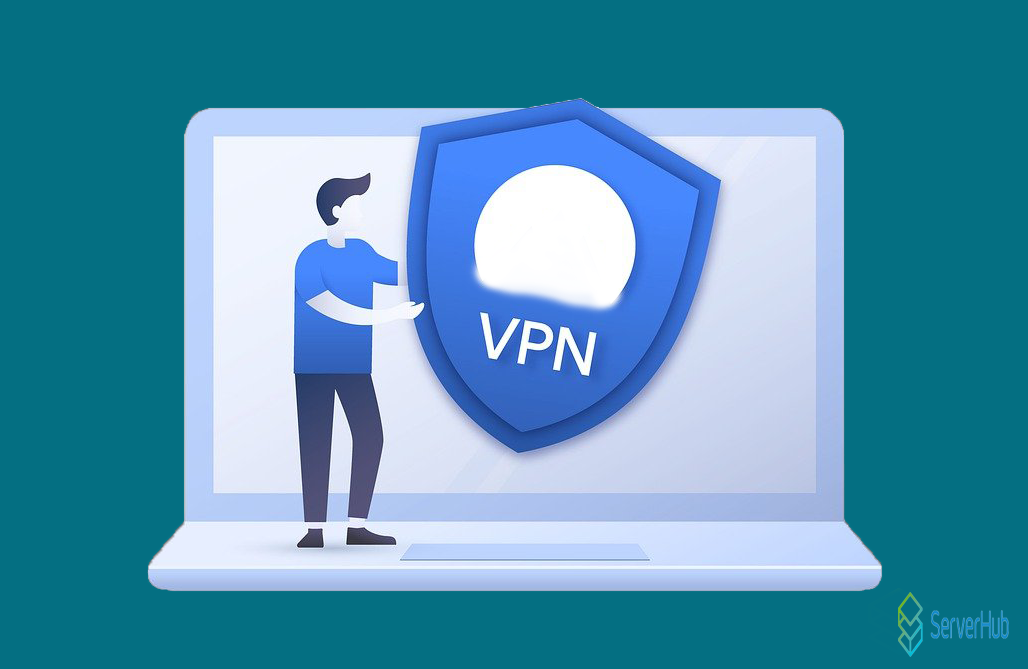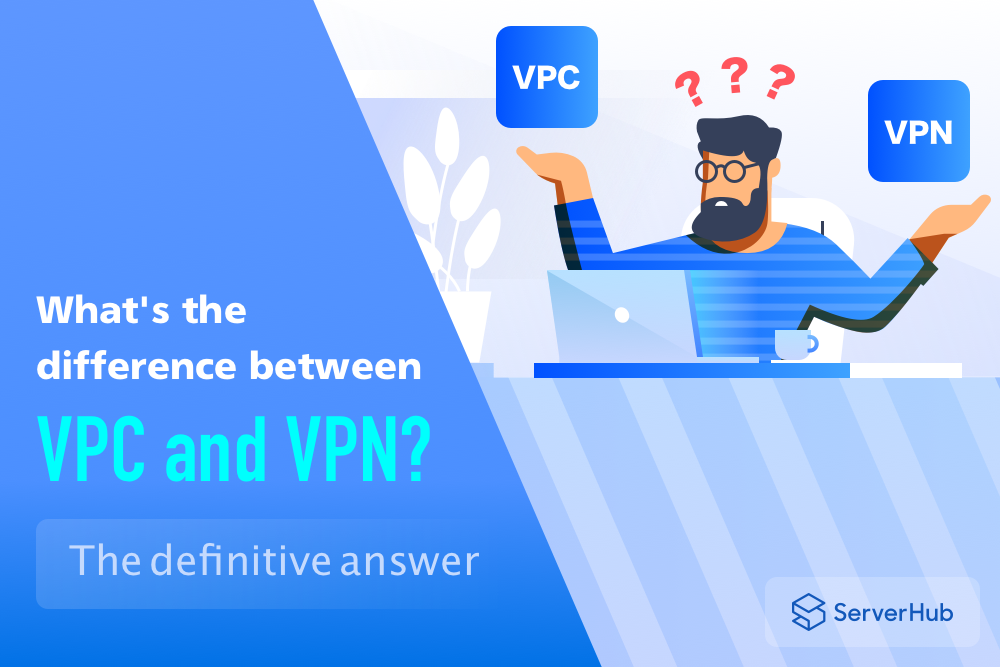Ever got confused about the difference between a VPC and a VPN, too? You're not alone. VPCs and VPNs are often puzzled as they:
- Share key aspects
- Can be associated together
- Stand for almost the same acronyms
Let's decipher each letter, benefit, and dig deeper into whether it's worth all the confusion, in this short yet comprehensive answer.
The (V) for virtual, refers to a virtualized network relying on virtualized hardware.
The (P) for private, means that access to a resource is limited for certain users.
VPC under spotlight
With the (C) standing for cloud, VPCs grant users the ability to turn on/off their servers within an hourly pricing model instead of a monthly one.
They’re also not limited to a single server, and can manage great numbers of virtual machines. Plus, Elasticity is on top for VPCs, giving you automatic virtual expansion for sudden traffic increases.
Besides being much cheaper than a VPS that charges monthly, read (VPC) fully explained in less than 500 words. or virtual private cloud vs private cloud for a full virtual private cloud guide.
VPC additional perks
If what we mentioned still doesn’t satisfy your taste, here’s more!
Effortless hardware boosts: simply upgrade hardware for all your VPC customers at once since they all access resources from the same hardware.
Hybrid cloud harmony: enjoy a combination of a private cloud and a public cloud service operated by a third party, and gain access to more data deployment options.

VPN under spotlight
VPNs mainly facilitate the public-resources reach to users in private.
They also can:
- Encapsulate your data in an encrypted tunnel to secure your internet connection
- Give you the advantage of Internet privacy
- Offer you IP leak protection
Personally, I came into direct contact with VPNs and they benefited me in different ways, still are! Those benefits depend on each individualized scenario.
For instance, in my case, I used it to access blocked websites, since I come from a place where a lot of good websites are just, blocked.
Read SaaS vs PaaS vs IaaS: Beginner's Guide to your Best Model

Key differences between a VPC and a VPN
Even though they share the acronyms of the “V†for Virilization and the “P†for private, they do still offer different needs.
VPC, as an elastic cloud service, focuses more on hosting/providing full control over a company-websites, with automatic scale for traffic requirements and unbounded hardware limitations.
VPN, on the other hand, is a cost-effective technology for companies and individuals alike.
From protecting normal conversations and VoIP calls up to logins and bank info, a VPN can be hosted on a VPC to breakthrough any geographical limitations.
Get a deeper look at our detailed article for the great capabilities of a VPN, or another one here for how to benefit your business with the VPN protocol types.
